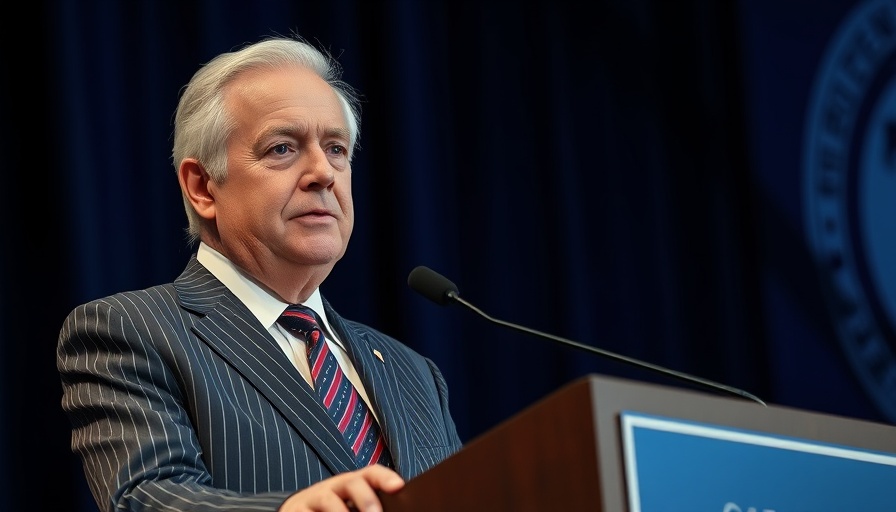
RFK Jr.'s Legal Battle Takes a Groundbreaking Turn
In a landmark decision, the Maine Superior Court has endorsed Robert F. Kennedy Jr.'s right to move forward with a libel case against Daily Kos writer David Vickrey. This ruling is significant, given the context of ongoing discussions about media integrity and the power of social discourse in the current political climate.
Unpacking the Defamation Claims
The case stems from Vickrey's allegations linking Kennedy to a measles outbreak in Samoa and associating him with extremist groups following a 2020 speech. Kennedy claims these assertions are baseless and damaging to his reputation, further intensifying debates about accountability within journalism. This conflict raises crucial questions about how false narratives can impact public figures, particularly in the realm of health and science.
The Broader Implications for Free Speech
This ruling is not just a personal victory for Kennedy; it symbolizes a larger struggle for free speech and the responsibility of writers to substantiate their claims. In an era characterized by misinformation, the court's decision could encourage more stringent scrutiny of media portrayals of individuals, particularly in contentious issues surrounding public health.
Justice or a Witch Hunt?
The trial now has the potential to delve deep into the murky waters of media exaggeration and public perception influenced by sensationalism. Whether Kennedy's case will serve as a cautionary tale for other writers in similar situations remains to be seen. However, it undoubtedly raises awareness about the impact that defamatory remarks can have on public figures.
The Path Ahead for Kennedy
As Kennedy continues his fight for justice, it remains to be seen what influence this case may have on his broader political ambitions and public perception. With his past involvement in vaccine safety discussions, his platform now extends beyond simple health advocacy to a battle for reputational integrity.
 Add Row
Add Row  Add
Add 




 Add Row
Add Row  Add
Add 



Write A Comment